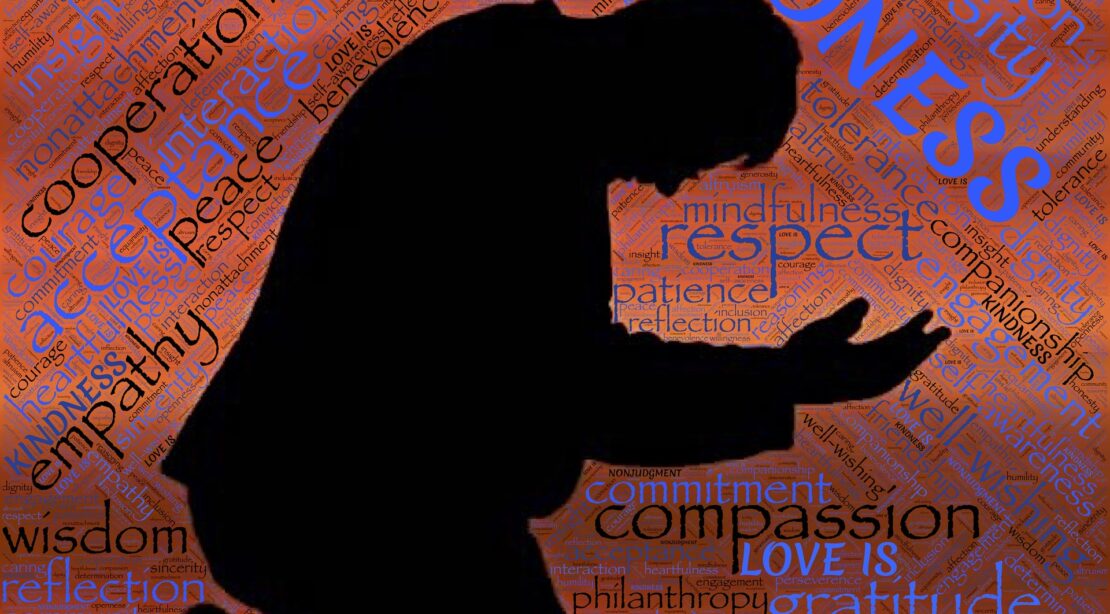Be kind and compassionate to one another, forgiving each other, just as in Christ God forgave you. (Ephesians 4:32, New International Version (NIV)). Dear ones, this scripture is one of the shortest in the Christian Bible, but it is loaded with wisdom. We live in a world that is inundated with self-help gurus, many of whom advocate, “if they offend you, cut them off. You do you. It is all about your personal happiness.” On the surface, this appears to be good advice, but in the body of Christ, it can and is often detrimental to the harmony and connectivity of believers. You see, if you live long enough and attend church, someone is going to hurt you, offend you, be obnoxious to you, or just downright mean-spirited. It will not matter that the offender is called “Elder,” “Deacon,” “First Lady,” “Bishop,” “Potentate” or “Apostle.”
When Paul speaks of kindness, what he is really talking about is putting away bitterness, anger, envy and malice. We must be cognizant of how we treat our brothers and sisters in Christ, even when they are in the wrong or we perceive them as being wrong. When Jesus washed the disciples’ feet, he knew he was washing the feet of men who loved him but who would also profoundly disappoint him and even betray him. Yet, you would never know this by the way he served them. We must follow the example of Christ. But sadly, many of us are prone to giving in to the spirit of “getting even,” or “settling scores.” The truth of the matter is that to some in the church, the word to avoid is the “f” word. The “f” word is “forgiveness.” Forgiveness will naturally flow from a lifestyle immersed in being tender-hearted. The tender-hearted believer walks in love, as Christ loved us and gave himself up for us. The love of Christ for all of humanity, is undeserved, and borne in grace. Consequently, we cannot insist that people, even when they are wrong, earn our forgiveness and our kindness. Now, some of you are saying, “I cannot do this. I am not going to let anyone, saved or unsaved take advantage of me.” Please know, to be tenderhearted and forgiving is not a sign of weakness but is actually a demonstration of great strength and it is not a sign that you are prone to be taken advantage of. To the contrary, you are treating your fellow-believers as Christ would treat them. You are indeed fulfilling the scripture that proclaims, “Follow God’s example, therefore, as dearly loved children.” (Ephesians 5:1, NIV).

Elder Jerome Woods, II is the husband of Alana M. Woods and is the son of the late Jerome Woods, Sr. and Larina Woods. He is a Washington, D.C. native and associate Elder at High Calling Ministries pastored by George W. Hawkins, Jr. Elder Woods is a graduate of The George Washington University (1994) where he received his Bachelor of Arts in English Literature with minors in Sociology and Latin Classical Humanities. Elder Woods received his Juris Doctorate in 1997 from The Catholic University of America, Columbus School of Law.




